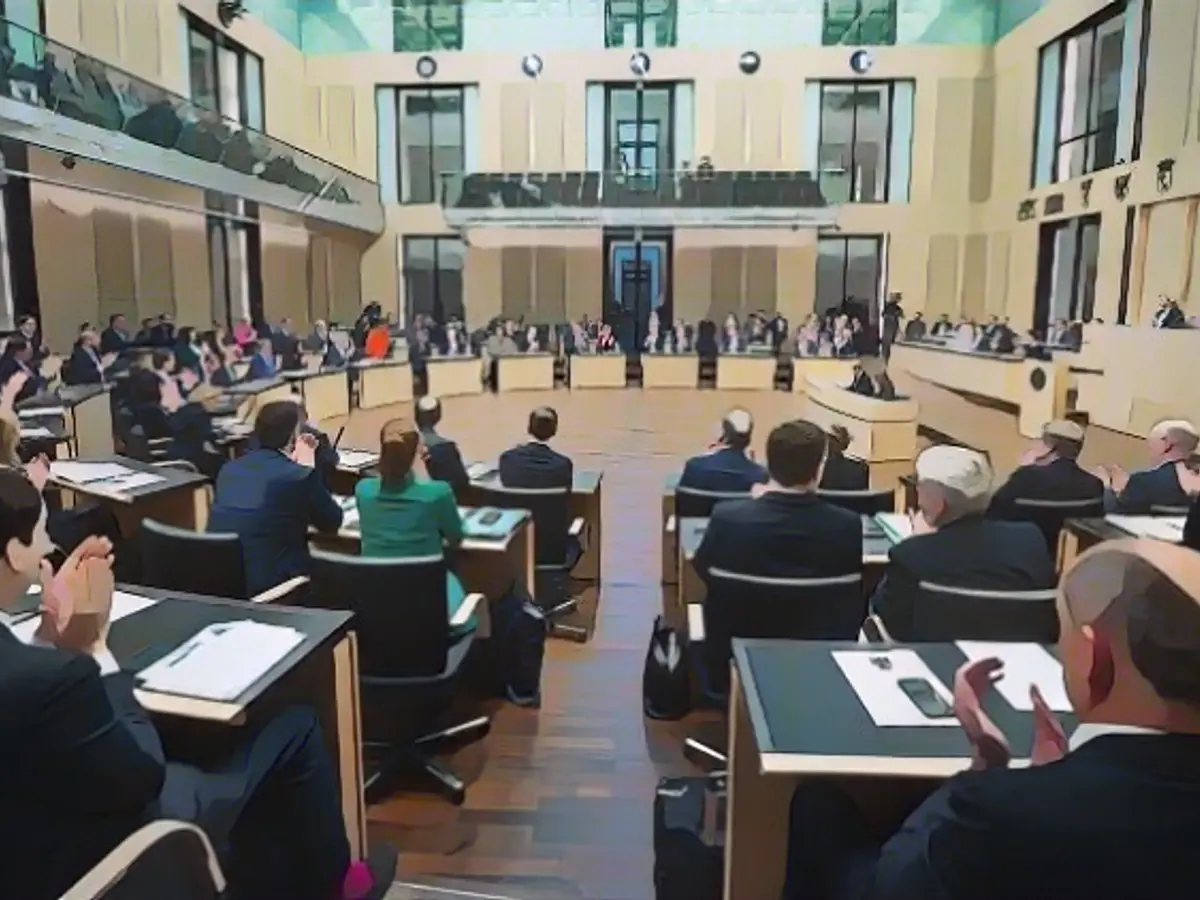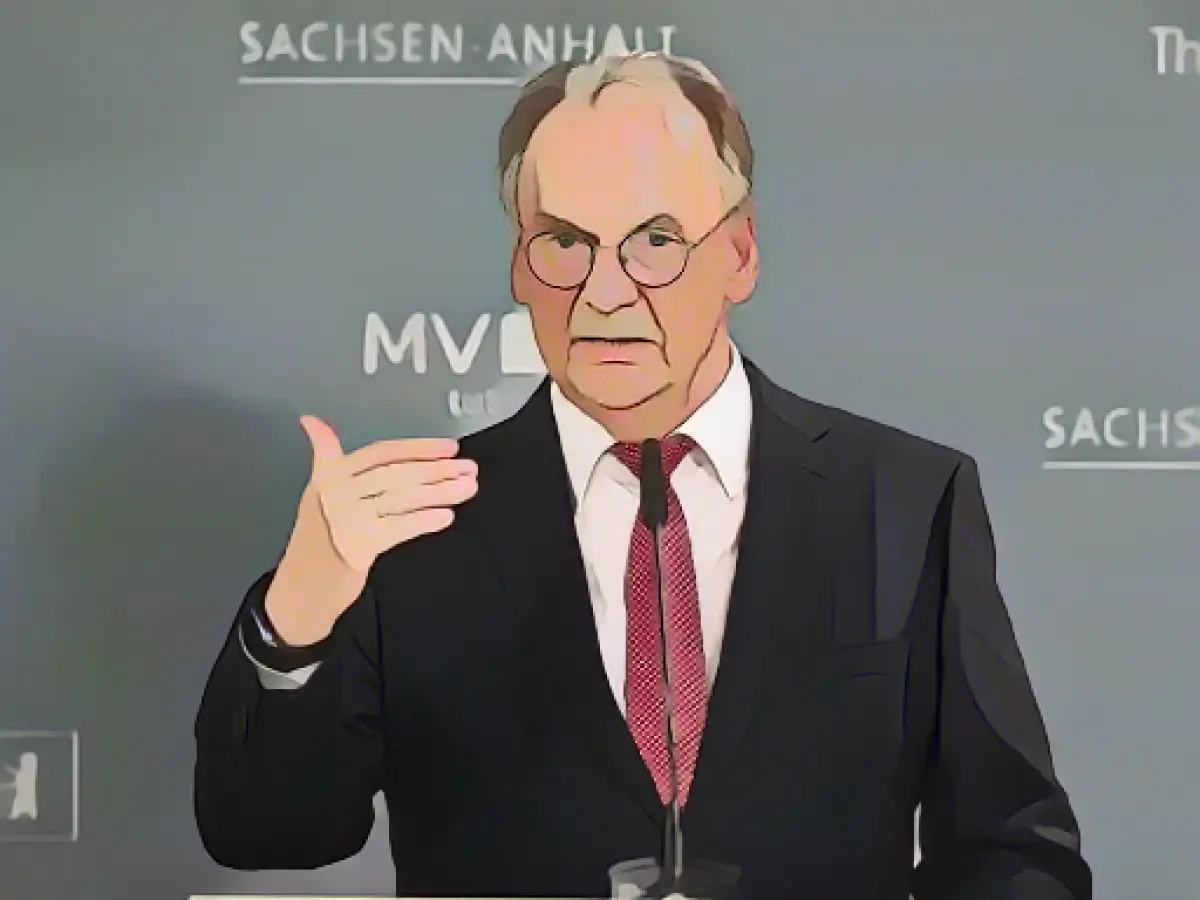Bavaria's Crusade for a Permanent Restaurant Tax Reduction and VAT Rate Extension
Once again, Bavaria is making waves in the Bundesrat, pushing for a permanent reduction in the catering industry's VAT rate from the current 7% to maintain their competitiveness against neighboring countries. This stance is evident in the motion for the Bundesrat's upcoming plenary session on Friday. The Bavarian government also proposed extending this reduced VAT rate to beverage items as well, not just foodstuffs.
The German government initially slashed the VAT rate on food to 7% in response to the coronavirus pandemic, only for the government to plan a rise to 19% by the turn of the year. Bavaria's coalition of the CSU and the Free Voters had already proposed a package of 25 tax cuts to the Bundesrat in September, which included lowering the restaurant tax.
As of now, the German government's Federal Council is considering Bavaria's proposal, which advocates for a persistent reduction in the restaurant tax and the expansion of the reduced VAT rate to beverages.
Let's delve a bit deeper into the background and possible implications of Bavaria's push for these changes in the Bundesrat.
Contextual Insights
Though the current developments and potential outcomes of Bavaria's endeavor are not explicitly detailed in the available sources, there are some related points to consider:
- The CDU's 15-point plan, encompassing measures such as reducing electricity taxes and netzentgelte (fee for utilizing electricity and gas to alleviate prices), doesn't explicitly mention a permanent reduction in the restaurant tax. However, it does hint at a broader economic stimulus package, which could potentially incorporate such measures.
- The CDU's plan includes reducing the VAT on restaurant food to 7%, easing the financial burden on the hospitality sector and its customers. This move could be seen as a precursor to extending the reduced VAT rate to beverages, although it primarily focuses on food items.
- The current political climate in Germany revolves around the upcoming federal election, with parties proposing diverse economic and tax-related policies. The CDU's plan, for instance, incorporates several measures intended to foster economic growth and security, which may have implications on tax reductions and VAT rates.
- Bavarian SPD has advocated for substantial incentives for e-mobility, indicating that Bavaria might be actively pushing for policies that could indirectly impact tax policies.
In conclusion, while there are no direct developments mentioned in the sources concerning Bavaria's push for a permanent reduction in the restaurant tax and extending the reduced VAT rate to beverages, the broader economic and tax-related policies proposed by parties like the CDU suggest that such measures could be part of a larger economic stimulus package aiming to support the hospitality sector and minimize financial struggles.








